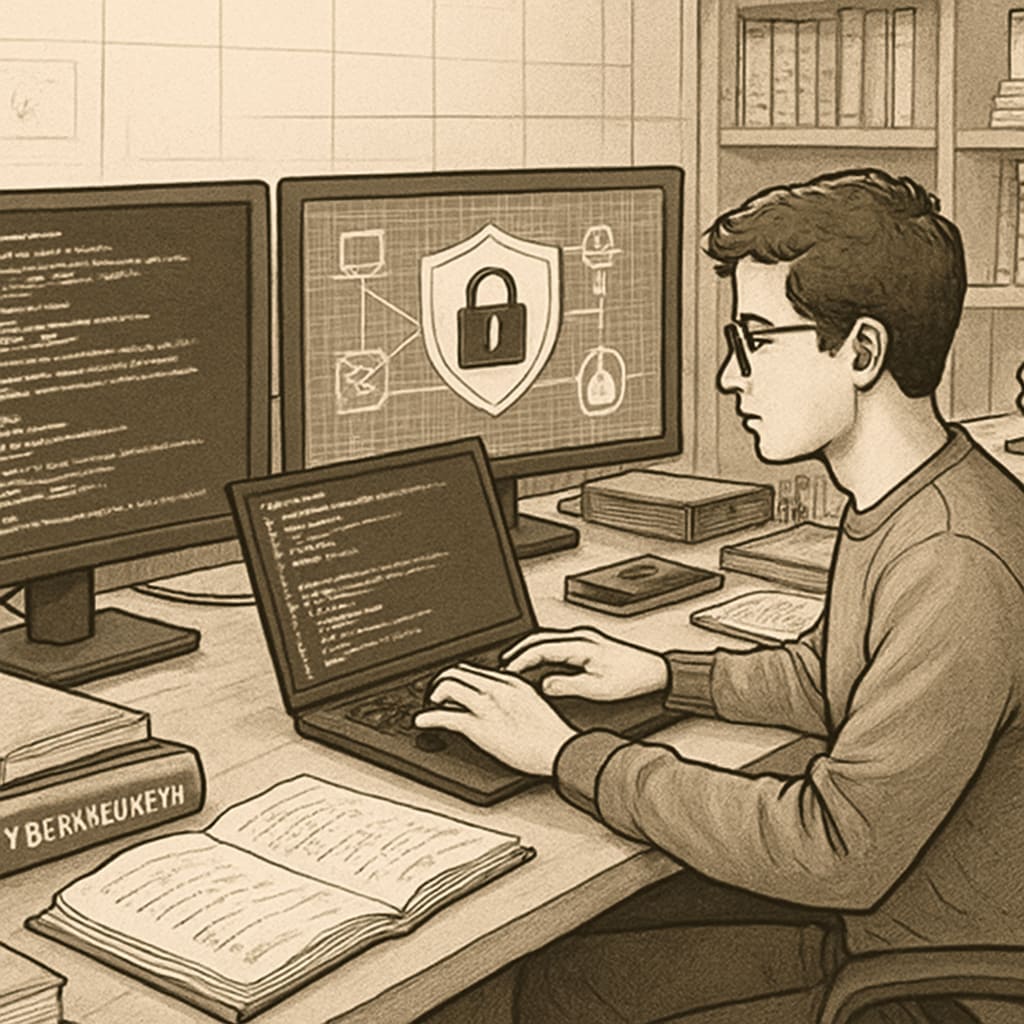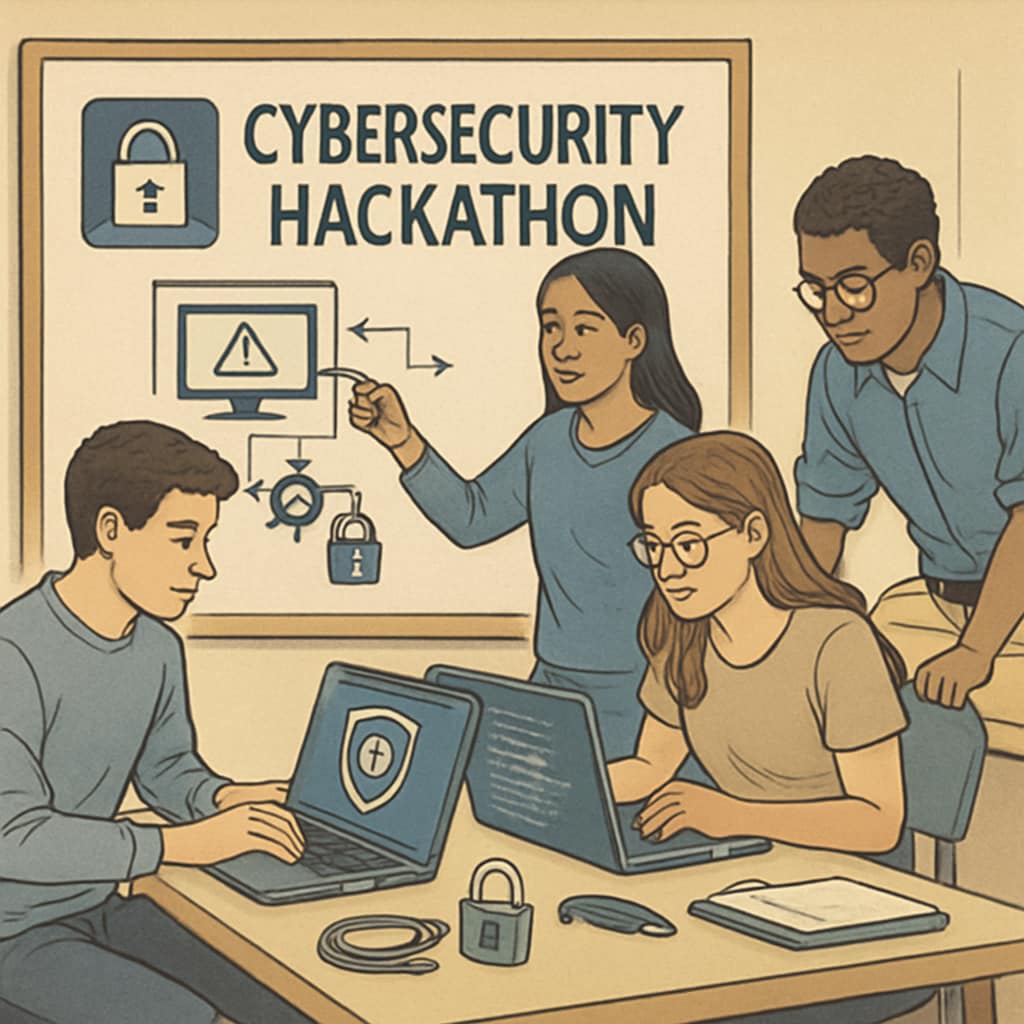In today’s digital age, the demand for cybersecurity professionals has skyrocketed, highlighting the critical need for robust education pathways. For K12 students planning their future careers, understanding the impact of university reputation on cybersecurity career prospects is essential. While prestigious universities can open doors to lucrative opportunities, the value of practical skills and hands-on experience cannot be overlooked. This article explores how students can balance academic reputation with skill development for long-term success in the cybersecurity field.
Does University Reputation Really Matter in Cybersecurity?
When considering university reputation, many students and parents believe that attending a top-ranked institution guarantees better career outcomes. In cybersecurity, a prestigious university may provide access to elite networks, industry connections, and high-profile internships. However, the rapidly evolving nature of the field places equal emphasis on practical expertise and certifications, such as CISSP (Certified Information Systems Security Professional) or CEH (Certified Ethical Hacker). Therefore, while reputation is important, it should not overshadow the need for specialized training and real-world problem-solving capabilities.

Balancing Academic Prestige with Practical Cybersecurity Skills
Top-tier universities often have cutting-edge research facilities and partnerships with leading tech companies, making them attractive for aspiring cybersecurity professionals. Nevertheless, smaller institutions and online programs can also provide excellent opportunities. For example, universities with dedicated cybersecurity labs or hands-on training programs might offer a more industry-relevant education. Furthermore, extracurricular activities like hackathons and cybersecurity competitions allow students to showcase their abilities beyond academic credentials.
To balance academic prestige and practical skills, consider the following:
- Evaluate the university’s cybersecurity curriculum and its alignment with industry needs.
- Explore opportunities for internships, co-op programs, and certifications.
- Research faculty expertise and their contributions to the cybersecurity field.

The Role of Networking and Industry Connections
Another important factor influenced by university reputation is networking. Prestigious universities often attract high-profile recruiters and host career fairs where students can connect with industry leaders. However, networking opportunities are not limited to elite institutions. Smaller universities frequently collaborate with local businesses and government agencies, providing students with unique career pathways. In addition, online platforms like LinkedIn and professional organizations such as ISACA (Information Systems Audit and Control Association) offer networking channels that are equally valuable for career growth.
For K12 students, understanding the importance of networking early can be transformative. Participating in cybersecurity clubs, attending conferences, and engaging in mentorship programs can build connections that extend far beyond the university experience.
Making an Informed Decision
As K12 students and their families evaluate higher education options, several key factors should guide their decision-making process:
- Assess the return on investment (ROI) for tuition fees versus career outcomes.
- Prioritize universities with a strong focus on cybersecurity research and innovation.
- Consider alternative pathways, such as community colleges or boot camps, for cost-effective skill development.
Ultimately, the goal is to find an educational pathway that aligns with both personal interests and industry demands. While university reputation plays a role, it is the combination of academic rigor, practical training, and networking that creates a strong foundation for a successful cybersecurity career.
Readability guidance: Use short paragraphs and lists to summarize key points. Avoid jargon and maintain a conversational tone to enhance accessibility for K12 audiences.


